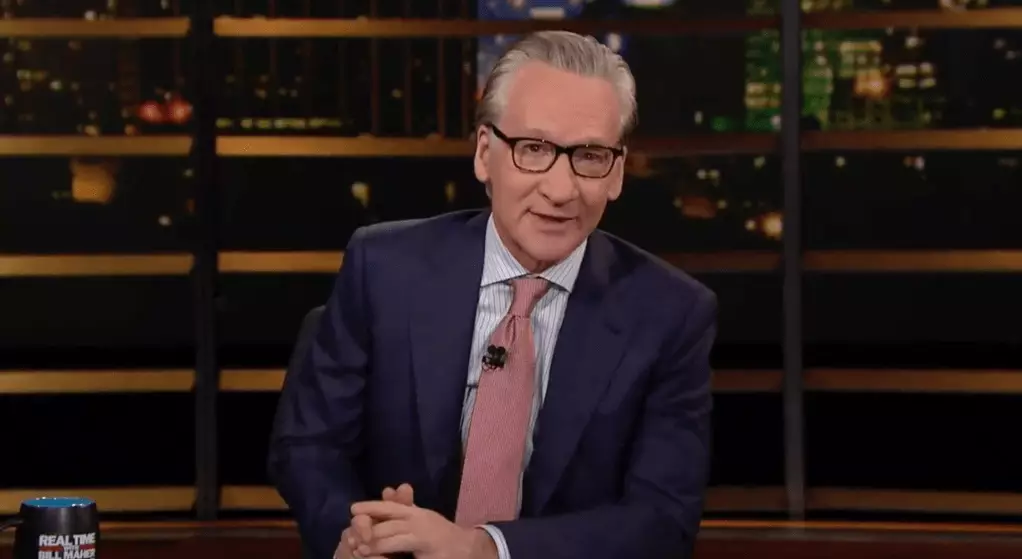Bill Maher expressed his frustration on Real Time about the difficulties faced in releasing “The Apprentice” in the U.S. The film, starring Sebastian Stan as Donald Trump and Jeremy Strong as Roy Cohn, has already secured distribution deals in various countries, but not in the U.S. Maher criticized the hesitation within the industry to release the movie and highlighted the influences that may be stalling the process.
The movie “The Apprentice” has already secured distribution deals in several countries including Italy, Spain, Scandinavia, Japan, and more. The international sales firm, Rocket Science, has successfully closed deals for the film’s release in these regions. However, the film’s U.S. release has been a point of contention, with Maher expressing disappointment at the lack of interest within the country to distribute the film.
Despite expectations of a U.S. deal soon after the film’s Cannes launch, no agreement has been reached. Threats of legal action from Trump’s team, particularly regarding a controversial scene in which the Trump character rapes his former wife Ivana, have added to the delays. Additionally, reports of disgruntled financiers have further complicated the process of securing a domestic pact for the film.
Bill Maher, on his show Real Time, criticized the industry for not taking the necessary steps to release the movie in the U.S. He expressed his displeasure with the delays and demanded that a way be found to release the film. Maher highlighted Trump’s tactics of intimidation and manipulation to get his way, drawing parallels to the situation surrounding the release of “The Apprentice.”
Former New York Governor Andrew Cuomo, a guest on Maher’s show, discussed Trump’s ability to manipulate and leverage power to influence outcomes. Cuomo cited the example of Fox News paying $800 million to the Dominion Voting company due to false claims made about the election, highlighting Trump’s sway over media entities and his followers. The discussion delved into the power dynamics at play and the implications for the release of “The Apprentice.”
Former Congressman Adam Kinzinger weighed in on the conversation, pointing out the weaponization of cancel culture by certain groups. He highlighted the shift from corporations being overly woke to now leveraging cancel culture tactics as a means of offense. The discussion raised concerns about the impact of such strategies on the entertainment industry and society at large.
The challenges faced in releasing “The Apprentice” in the U.S. underscore the complex dynamics of power, influence, and legal considerations within the entertainment industry. The reluctance to distribute the film domestically reflects broader societal tensions and raises questions about the intersection of politics, media, and cultural production in the current landscape.

Leave a Reply